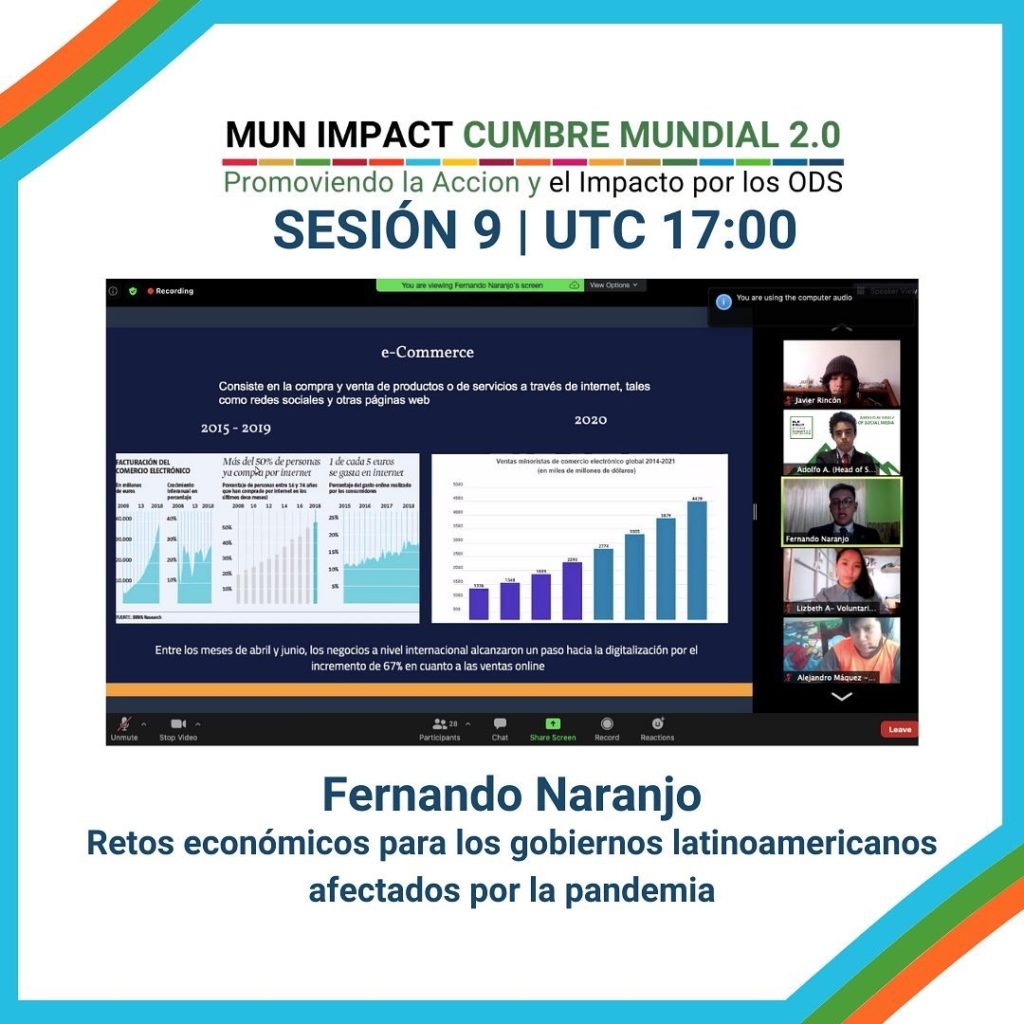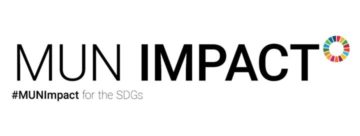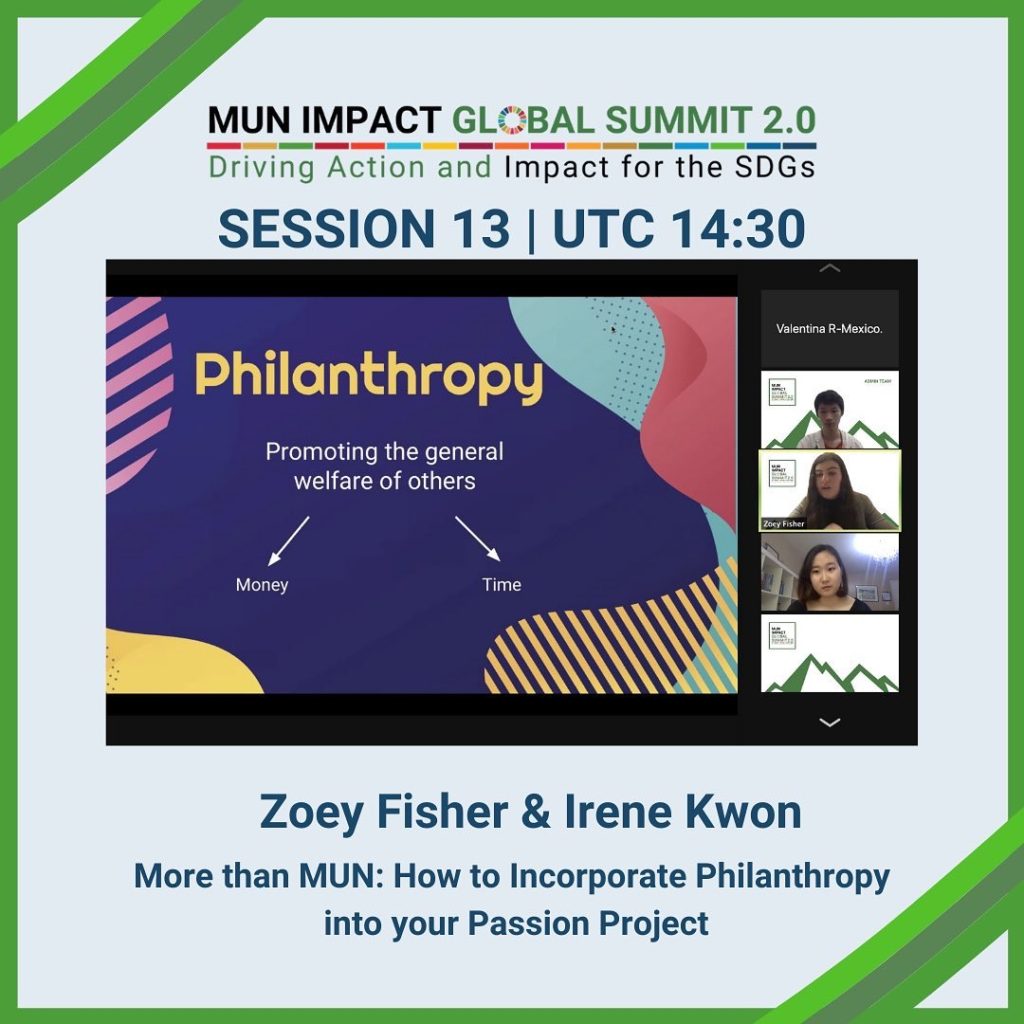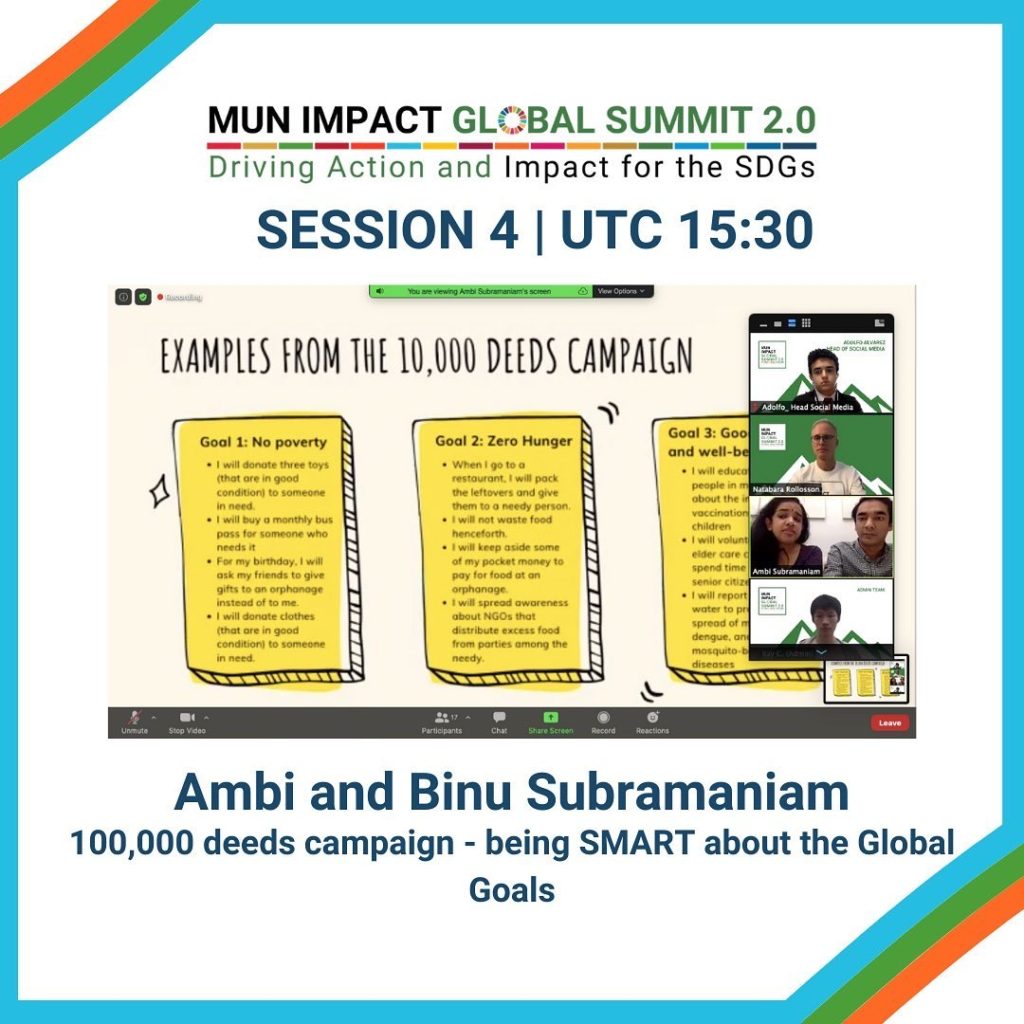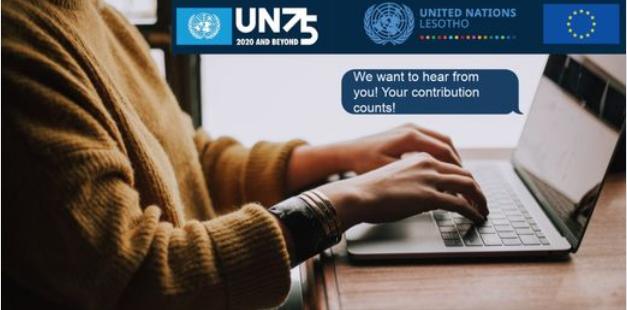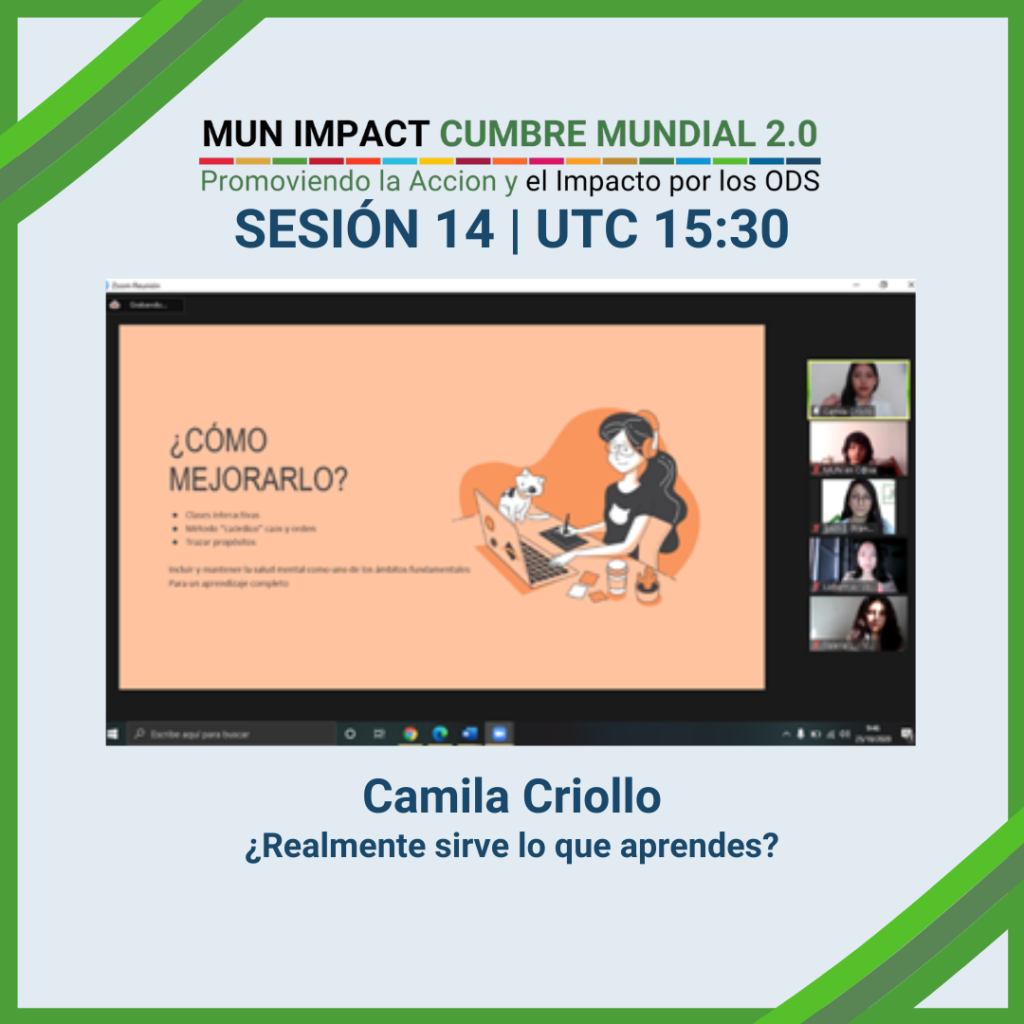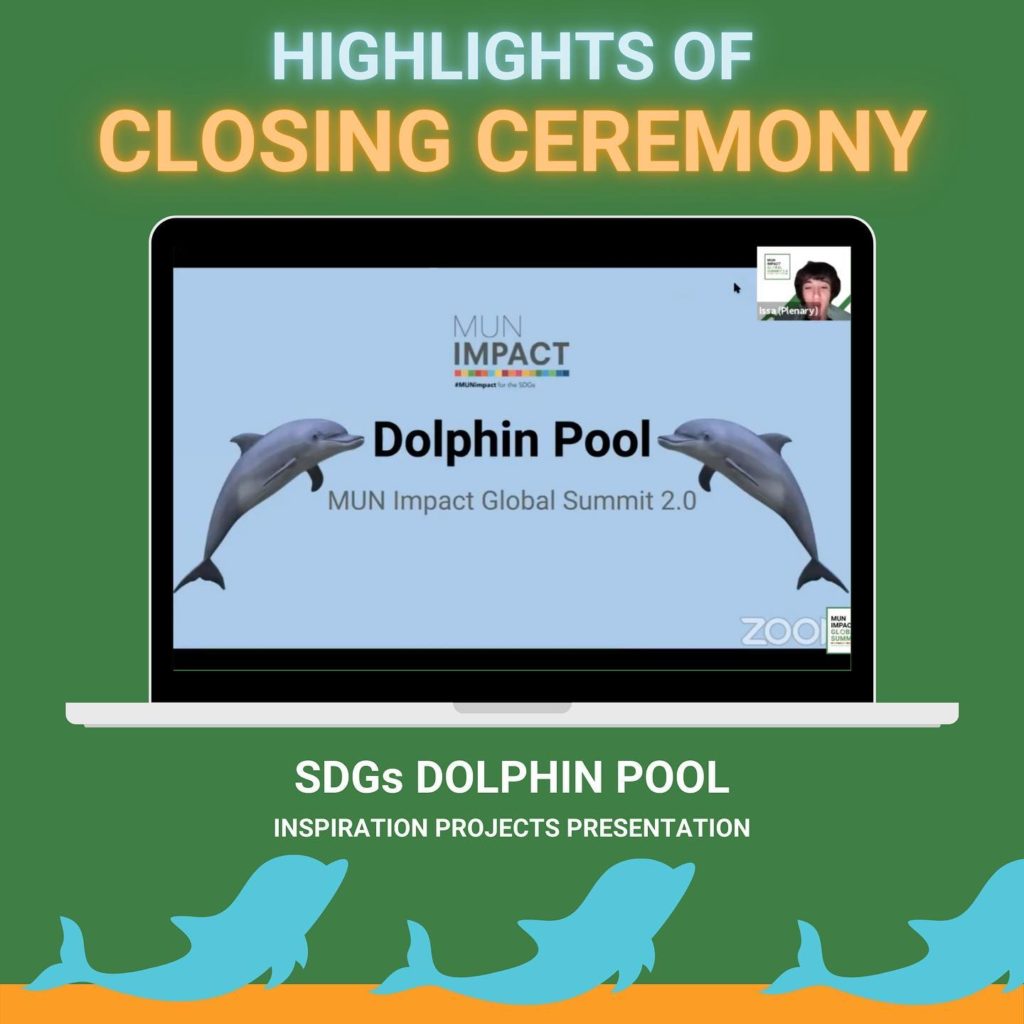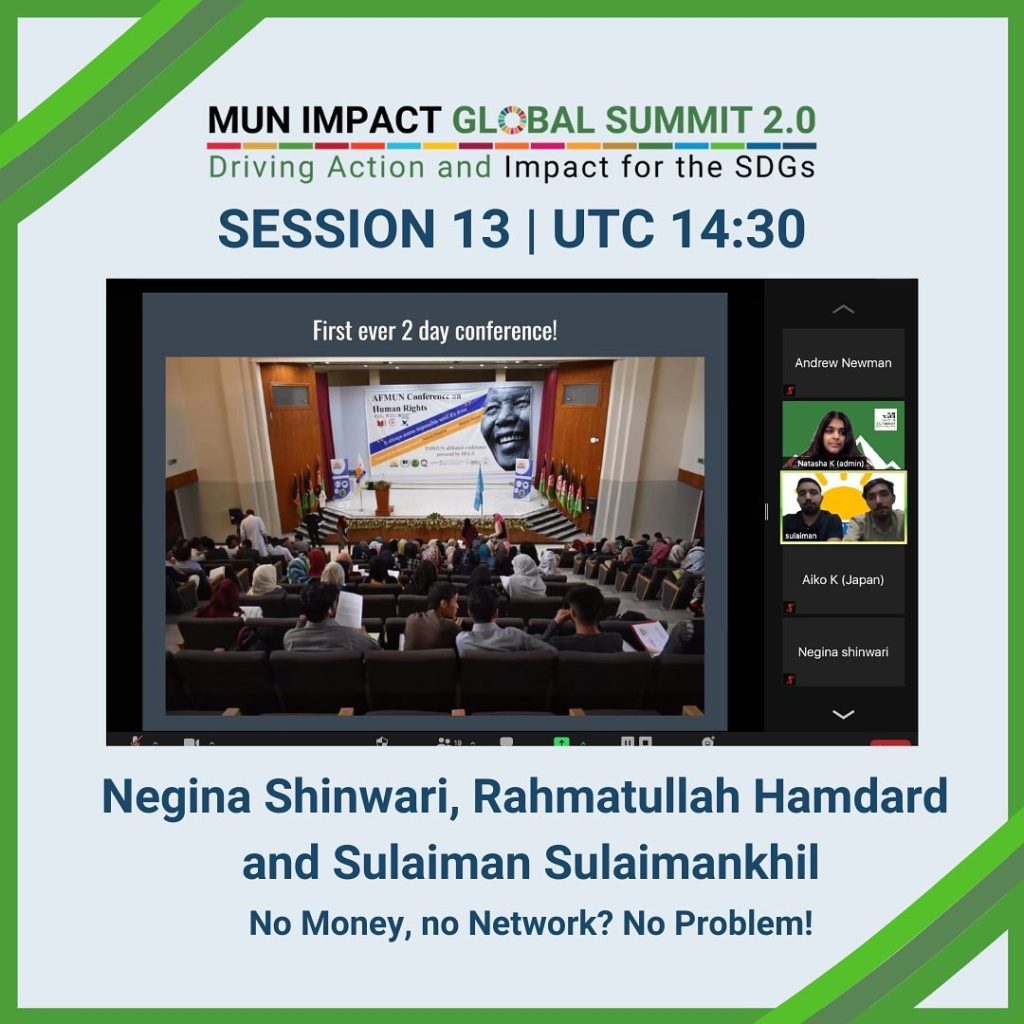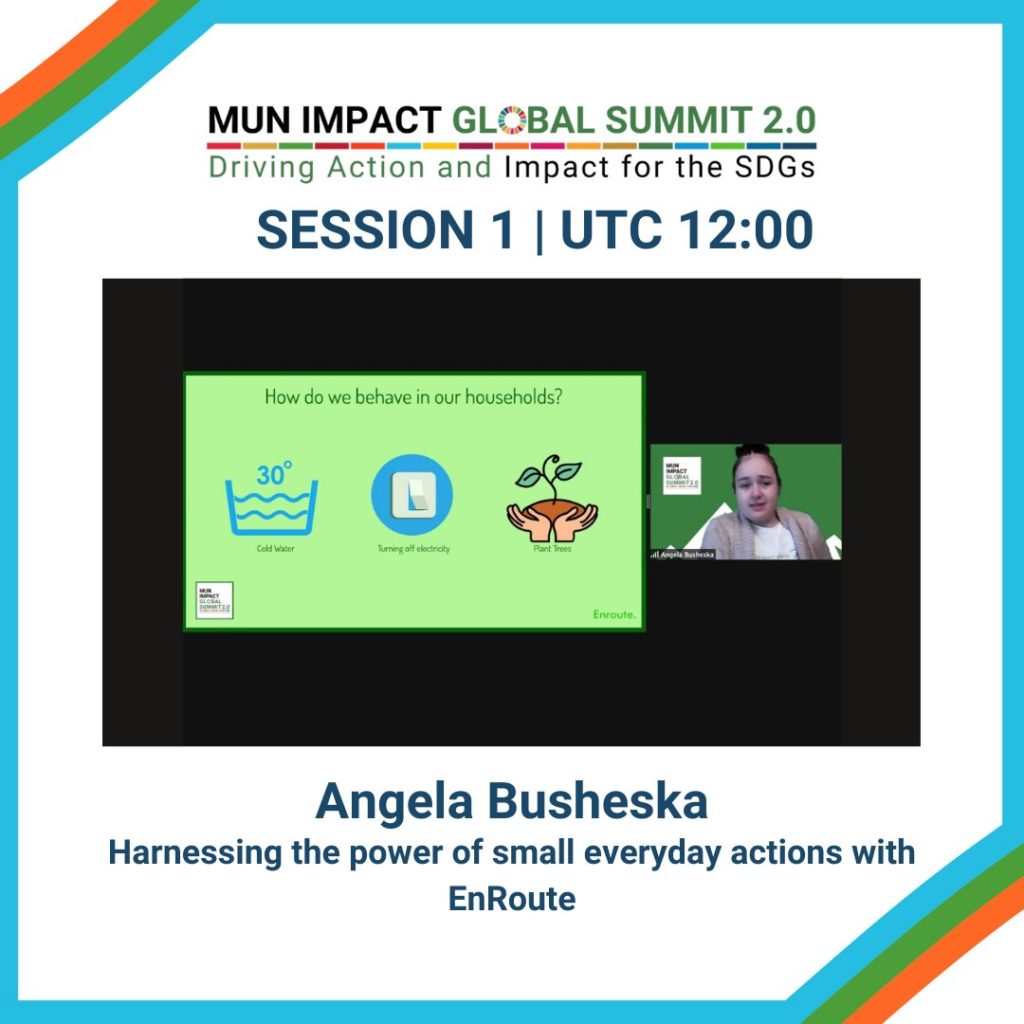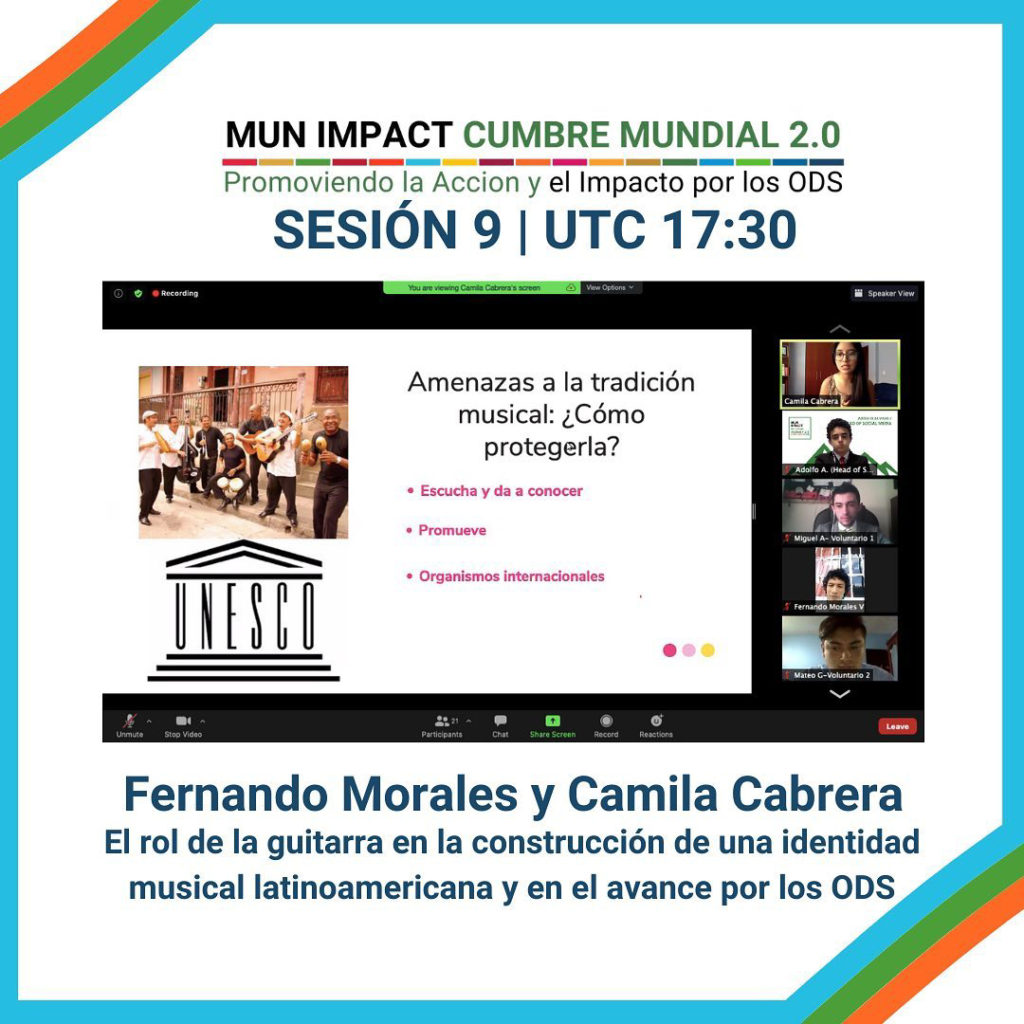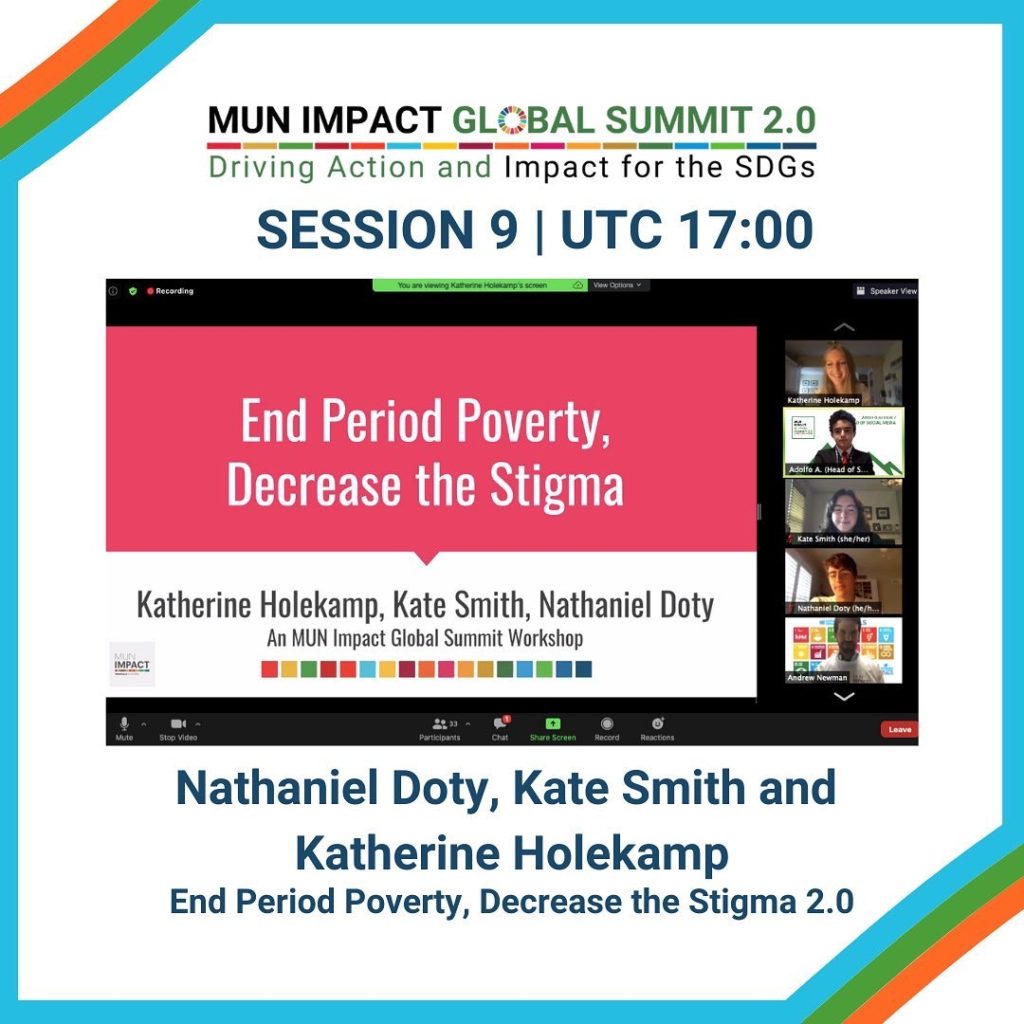Grace Makwaza, a MUN Impact team member, was one of ten people who won the UN75 Essay Contest in Lesotho. We celebrate her achievement and hope you are inspired by her passion for the Sustainable Development Goals, multi-level change and global unity. Here is her essay:
________
In a world where chaos has taken its toll on the entire world population, many question the notion of change is possible. It is easy to doubt it because when we look at our world from the lens of being realistic, there is so much turmoil that we all do not know what to do and we just normalize it. What if I told you that change is possible? What if I told you that there is light at the end of this gloomy tunnel? I may be young and inexperienced about life but the beauty of it is that my imagination is oblivious to impossibility. When I look at legends like Nelson Mandela, Martin Luther King, Malala Yousafzai and many more, I realize that it will take willpower and fearlessness to reach our goal: A Better World By 2045.
My ideal world by 2030 should have dealt with pressing world issues. This means there are no wars or economic conflicts or even gender disparities. These can be dealt with by accelerating the implementation of the Sustainable Development Goals. This will not only improve our world but will create a better tomorrow for the next generation. It starts by creating small charity events in our communities that we can combat the effects of poverty. Small efforts as these can give birth to independent people who do not rely on government for their sustainability. Secondly, we can wage war against gender issues by eradicating the misconception that human rights should be granted on the premise of our genders. If we teach our children from a young age that humans should be respected and given the right to choose what they want, then we can build a happier world by 2045. In general, I envision a world that is more focused on solving problems faced by the human race rather than waging war against each other due to their inability to solve their problems. In my world, it is peaceful, sustainable, and most importantly, people are not marginalized due to their color, race, or gender.
As I go through my ideal world, the first thing I see is proactive youth. According to the Oxford Dictionary, someone who is proactive is more involved in creating positive change in society. I envision a day in which young people come together from all parts of the world to build each other up and encourage each other to be the change they want to see. On this day, activists, campaigners, and all kinds of youth will come together to become problem solvers. It is discouraging to see the youth of today taking little initiative to start something that could benefit our world. Many are discouraged because nobody believes in their voice and nobody takes the time to listen to them. This is why I have envisioned this particular day in my world. It will be on August 12-the already existing International Youth Day and yes, young people all over the world will come together to celebrate their potential, rid their mindset of inadequacy, and most importantly, they will be there to devise means to solve problems the world faces.
I believe that we can recreate our world to having poverty completely eradicated so that our children and grandchildren can live in a better world than our own. According to the Oxford dictionary, poverty is defined as a state of having little to no belongings to meet one’s needs. The effects of poverty include malnutrition, lack of education, homelessness, and many more. Many think that stagnant economies and elevated poverty is the norm and there is nothing we can do about it. In the fight against poverty, the first step is to create jobs. To kick start this, the federal government should invest in job creation strategies such as rebuilding infrastructure, developing renewable energy sources, and renovating abandoned houses. Jobs such as these will cater to the people who are not educated and still need to make a living to take care of their families as they are labor and not intellectually oriented. Secondly, people in the same community can create organizations that fight poverty. This can be done by volunteering to create soup kitchens, fundraising events, as well as school fees drives to help the needy. Once people join hands to actively help with the little they can, a lot of impact can be created and slowly but surely, poverty will end. Also, we can create NGOs concerned with helping the needy. These could be responsible for building shelters for the homeless, feeding the poor, and educating people about how they can start businesses to sustain themselves. The UN set out No Poverty as the number one goal in its 17 Sustainable Development Goals. This means that it is a concern for all countries to fight against it. As such, let us join hands as individuals, communities, NGOs, and Governmental Bodies to fight poverty.
Looking at the world from the lens of being realistic, I do not think my children and grandchildren will have the opportunities that I have today. This may sound rather pessimistic but the reality is that our resources are being used up faster than they can be replaced, as such, the sustainability of our next generation is uncertain. It is said that climate change is predicted to be irreversible by 2030, further jeopardizing the well-being and possible opportunities of our next generation. The generation today has more opportunities because resources are still abundant, job opportunities still require human labor, and most importantly, they still depend on their brains for problem-solving. I am personally worried about the next generation because they will not only be dealing with consequences of our contribution to climate change such as natural disasters but they will have the problems of that time as well. It is scary to admit that they might not even be employable because Artificial Intelligence will be a better option than humans who are biased and make a lot of mistakes.
“Pain is the greatest teacher” is a common adage which we take for granted. It is in the year 2020 that the entire world has learned that pain is indeed the greatest teacher because it allows us to look within and ask ourselves where we have been going wrong. For the first time in history, the entire world has paused because of the Corona Virus. In as much as this is the most tragic event, it has taught us valuable lessons. For starters, we have learned that there is a need to invest more in the health sector. We can do this by investing in health facilities and the health sector more for we all have learned that health is our wealth and not money. After all this, I hope people will get health insurance and start preparing for the unknowns. Secondly, we have learned that family is the biggest treasure we have. Having spent time-forcefully though with our loved ones, I believe that we all have learned that the time we have with our loved ones is golden because we never know when we might lose them. Most importantly, for individuals, we all have learned to prioritize our mental health. People are dying not just of the virus at this time but of depression and domestic violence. With this, I believe we all have learned that there is a need to face our problems head-on and find solutions to them at an early stage. Even though we are forced to stay indoors with these problems, self-sufficiency and working on ourselves is vital at this point because we all realize that we have all have problems which need us to solve them and what better way than to use this time where we are faced with a tragedy as a way to revitalize ourselves.
We are all familiar with the words, “Be the change you want to see in the world.” I have realized that we expect to change from so many people and criticize them when they fail to bring our expectations to reality. Therefore, I will be the change I want to see by using my Model UN skills to educate them about the role they have to play in implementing the Sustainable Development Goals. This can be achieved by uniting young people and others to understand that they are responsible for the sustainability of the world. Also, I will come up with campaigns that will promote unity, action for climate change as well as to wage war against gender disparities. Furthermore, I will use my social presence to evoke action for the mental health of people. By spreading a message of hope, I believe that we can make a better world and I want to be that hope.
There are so many things that our world needs to improve on to be better by 2030. Although change may be a very slow process, its benefits are rewarding. If I was, to sum up, this topic in one sentence, I would say that we need to build a sustainable world by uniting to fight against all the problems our world faces. In the words of Barack Obama, “Change will not come if we wait for some other person or some other time. We are the change we have been waiting for. We are the change we seek.” It may not be easy but it is possible so let us persevere through the storms impossibility may throw at us and let us unite and build a better world by 2030. Who said we can’t?
By Grace Makwaza
